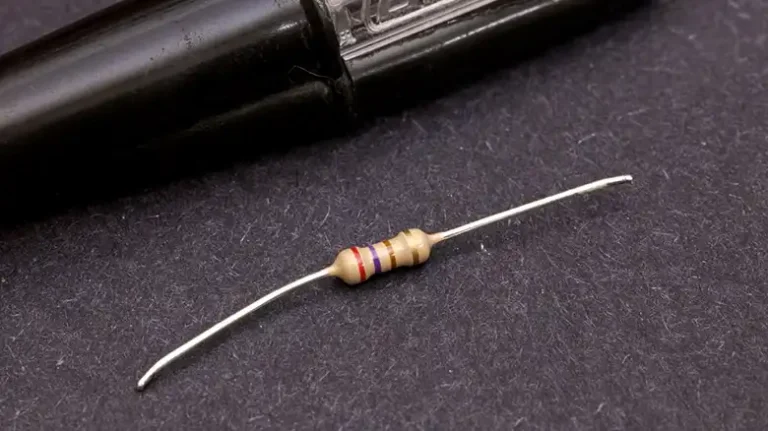Can a Potentiometer Overheat? | Reasons and Solutions
Yes, a potentiometer can overheat if subjected to conditions such as exceeding its power rating, high current, poor ventilation, or prolonged use. When current flows through the potentiometer, it generates heat due to energy conversion. If the heat generated exceeds the potentiometer’s limits, it can overheat.
When potentiometers fail, they become open circuits. This cannot result in heating. It can only become heated if it is connected incorrectly. If the problem was actually that your wires were messed up, switching ground and power should not solve the problem.

What Are the Reasons for the Overheating of a Potentiometer
Following reasons can contribute to a potentiometer overheating:
1. Power Dissipation
Potentiometers have power ratings that show the greatest amount of power they can safely handle. Overheating might occur if the power dissipated by the potentiometer exceeds its rating. This can occur if the potentiometer is subjected to voltage or current levels that exceed its specifications.
2. Excessive Current
A potentiometer can overheat if it is connected to a circuit where the current exceeds its rated current. A high current can cause the resistive elements within the potentiometer to rapidly heat up, resulting in overheating.
3. Poor Ventilation
Heat dissipation can be affected if a potentiometer is contained in a region with limited ventilation or is installed in a confined position. In such instances, the heat created by the potentiometer may not be adequately dissipated, resulting in overheating.
4. Continuous Operation
Continuous operation can cause a potentiometer to overheat. If a potentiometer is used for an extended period of time without enough cooling or pauses, it may exceed its temperature limits and overheat.
What Are the Solutions for the Overheating of a Potentiometer
1. Check Power Rating
Ensure the potentiometer can handle the power dissipation in the circuit.
2. Current Limitation
Verify that the current flowing through the potentiometer is within its rated limit.
3. Improve Ventilation
Provide adequate airflow and space around the potentiometer for efficient heat dissipation.
4. Implement Cooling Measures
Consider adding heat sinks or fans to help dissipate heat from the potentiometer.
5. Duty Cycle Management
Allow the potentiometer to have sufficient breaks to cool down during extended usage.
6. Replace or Upgrade
If the potentiometer consistently overheats, consider using a higher-rated or more suitable alternative.
Can a Potentiometer Overheat Even if It Is Not Under a High Load?
Yes, potentiometers can still overheat even without a high load. Factors such as poor ventilation, improper installation, or extended continuous operation can contribute to overheating. It’s important to consider all potential causes of overheating, not just the load on the potentiometer.
Conclusion
When a potentiometer overheats, it can lead to a range of issues. These may include changes in resistance value, degradation of internal components, and loss of precision or accuracy. In extreme cases, it can also cause complete failure or damage to the potentiometer or surrounding circuitry.

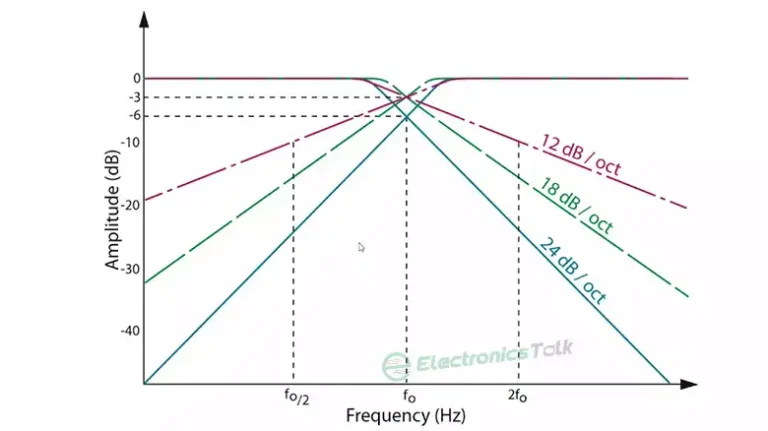
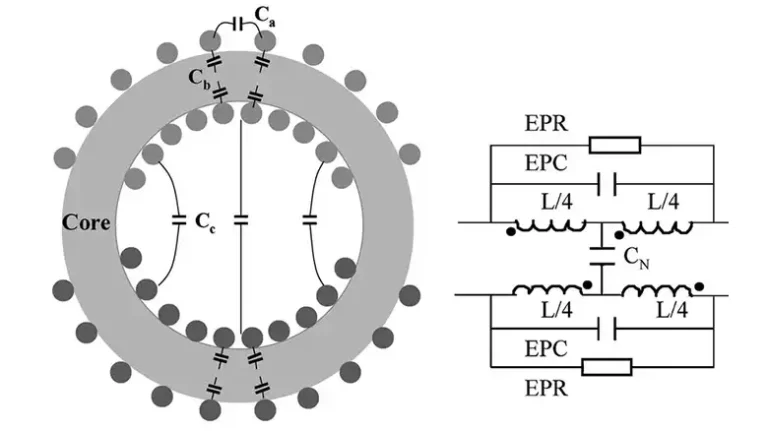
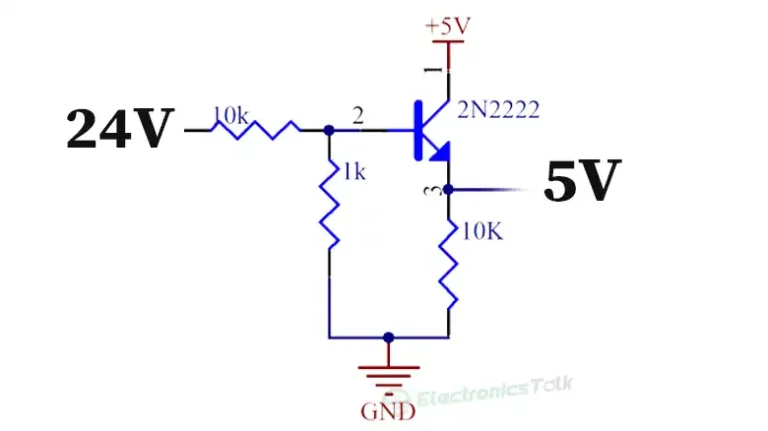
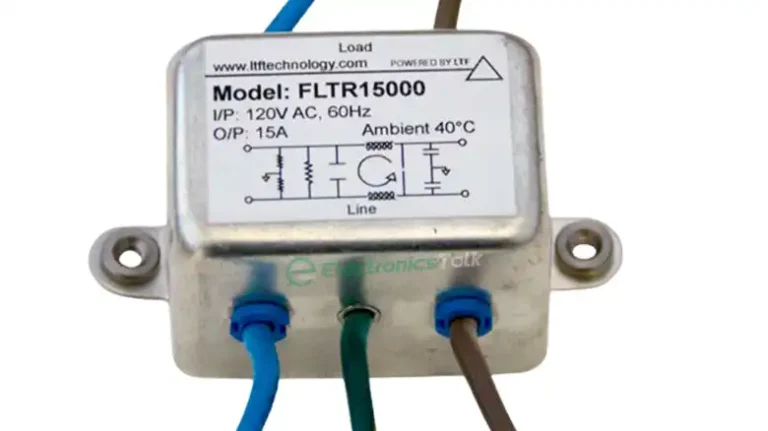
![[Easy Explanation] Do Resistors Have a Max Voltage?](https://www.electronicstalk.org/wp-content/uploads/2023/09/Do-Resistors-Have-a-Max-Voltage-768x431.webp)
